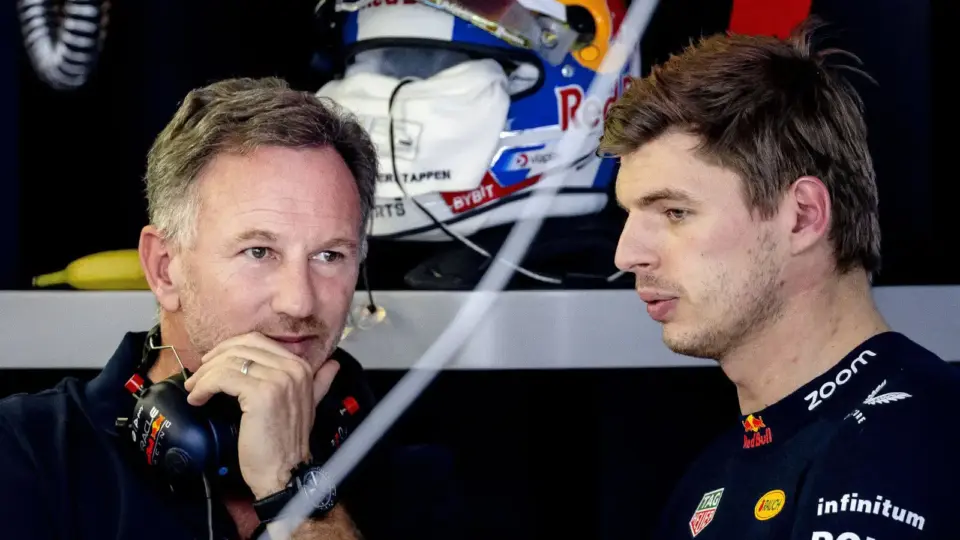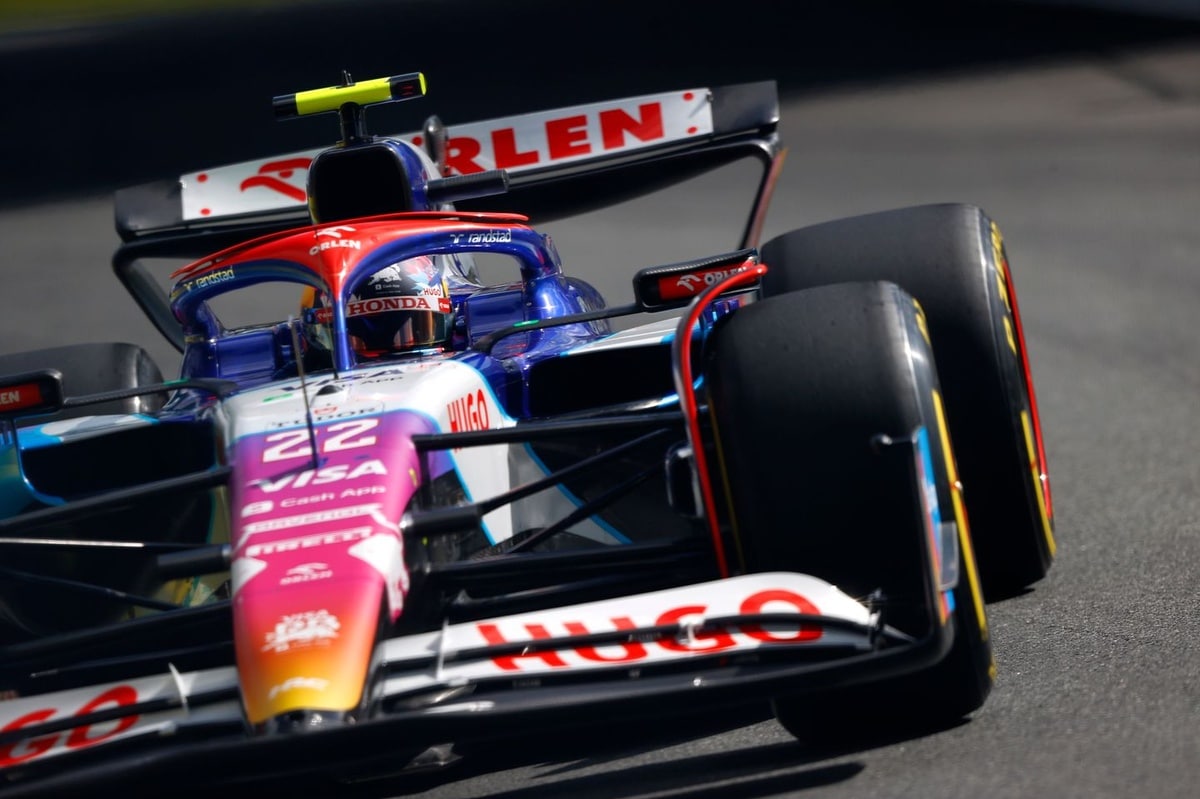Lando Norris faced a dilemma at the Hungarian Grand Prix due to team orders that seemed more confusing than strategic.
- McLaren’s decision to swap their drivers’ positions mid-race brought unwanted drama and debate.
- Norris, running in the lead, was urged to yield to teammate Oscar Piastri, stirring controversy.
- The decision left fans questioning McLaren’s strategy and Norris’s compliance.
- Pundits and former drivers voiced their opinions on whether Norris handled the situation well or not.
In a dramatic turn of events at the Hungaroring, McLaren’s team orders put Lando Norris in a challenging spot. After Oscar Piastri took an early lead, the team called to swap positions during the crucial second round of pit stops. This decision sparked debates as Norris initially resisted the call for nearly 20 laps, leading many to wonder if he should have simply ignored the orders altogether.
Former F1 driver Christijan Albers suggested that it would have been wiser for Norris to ignore the team orders and focus on widening the gap between himself and Piastri. Albers argued that since Norris is managed by McLaren’s CEO Zak Brown, the risk of repercussions was minimal. He believed that the best course would have been for Norris to assert his position as McLaren’s faster driver and push ahead instead of cooperating with the team’s controversial strategy.
The strategy McLaren employed was not only puzzling but also led to questions regarding the fairness towards Piastri. Albers contended that although Piastri had his moment early in the race, Norris had demonstrated stronger race pace. Allowing Piastri to pass with just three laps to spare seemed to undermine Norris’s lead, leaving room for criticism about the team’s tactical choices during the race.
Furthermore, the narrative surrounding Norris’s demeanor and competitiveness has been a topic of discussion. Critics have questioned his ruthlessness, suggesting that his compliance in Hungary might have cost him an opportunity to solidify his assertiveness in the sport. Albers emphasized the importance of the Drivers’ title, hinting that individual accolades often attract more attention than team achievements in F1.
Adding another layer to the drama, Oscar Piastri’s manager, Mark Webber, reportedly reacted strongly to McLaren’s pit box decisions. Having personal experience with similar team orders during his career, Webber’s frustration was palpable, casting a shadow over the team’s internal dynamics and raising questions about how such situations are handled.
McLaren’s Hungarian GP saga highlighted complex team dynamics and sparked a broader discussion about race strategy and driver priorities.










